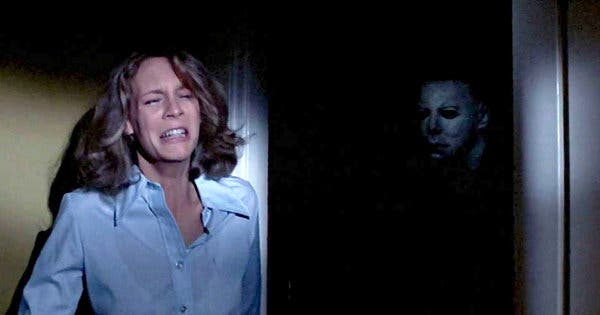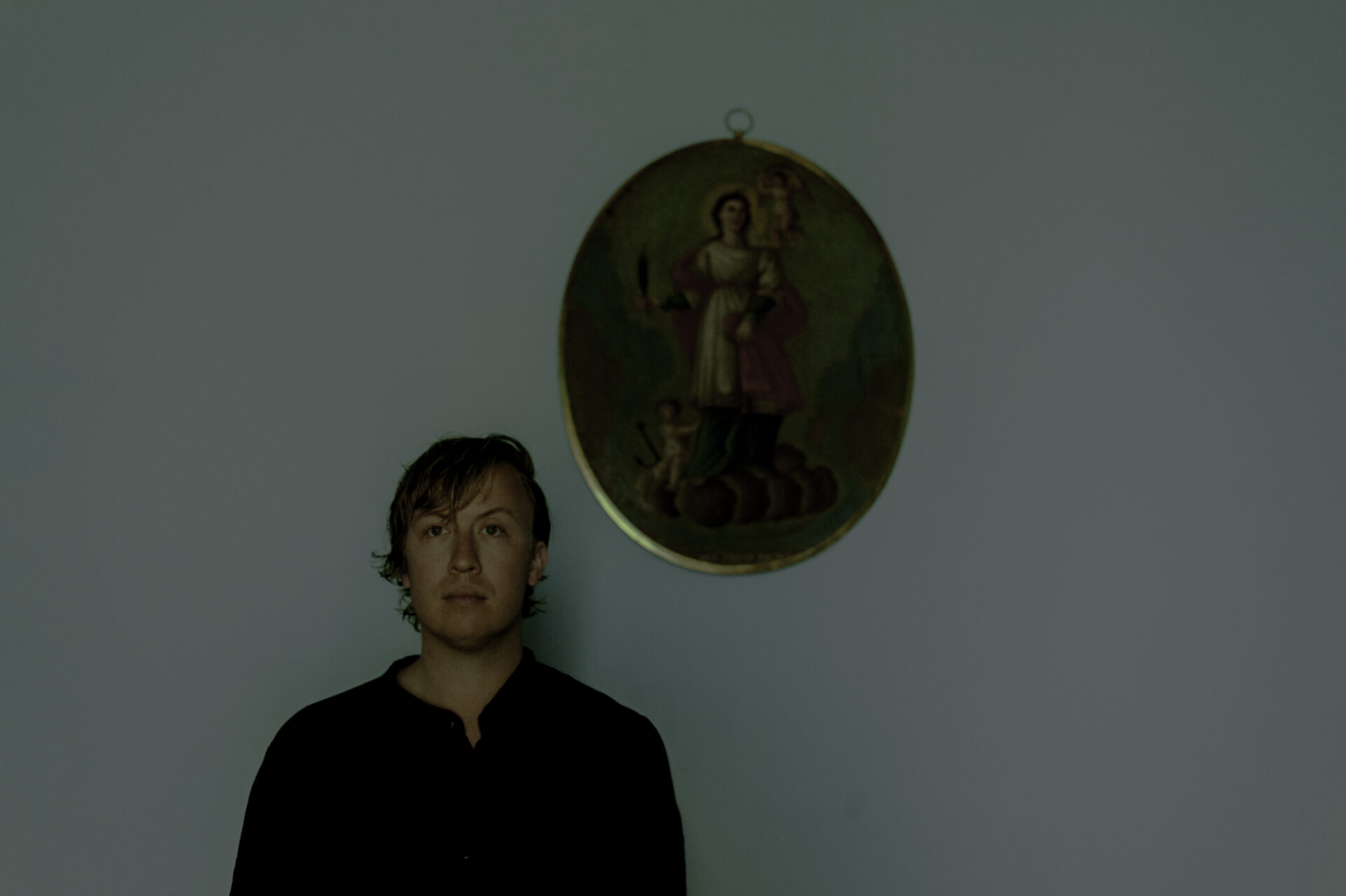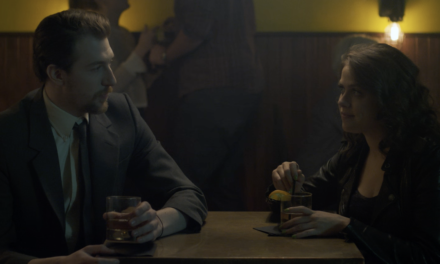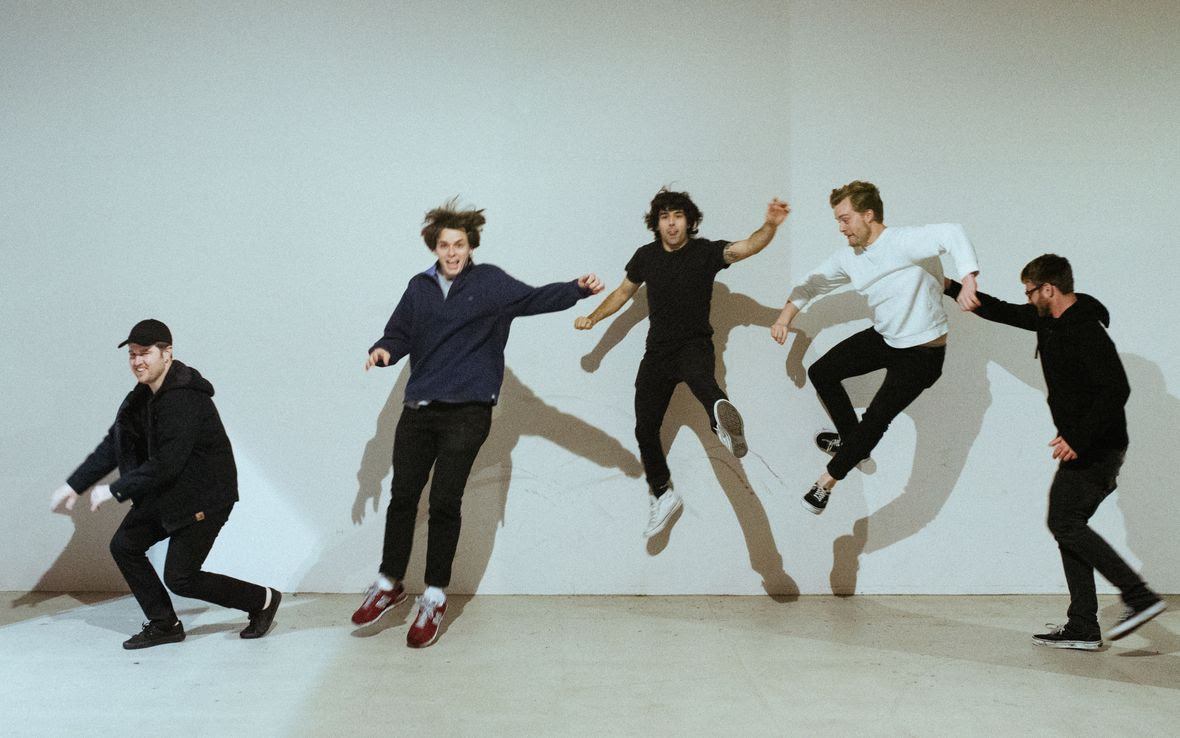Welcome, dear readers, to Substream’s 31 Days of Halloween. While every holiday captures the hearts and minds of the Substream staff, Halloween holds an especially important place in our hearts. Now that we’ve entered the month of October, it’s time for us to share our love for this holiday with you.
Every single day in October, our collection of spooky staff writers and ghoulish guest contributors will walk you through a horror or Halloween-themed movie they adore. The goal is to both celebrate the titans and icons of the season while also introducing you to new films and scares to fill your autumn nights. Lock your doors, check under your bed, and settle in as you join Substream for our 31 Days of Halloween.
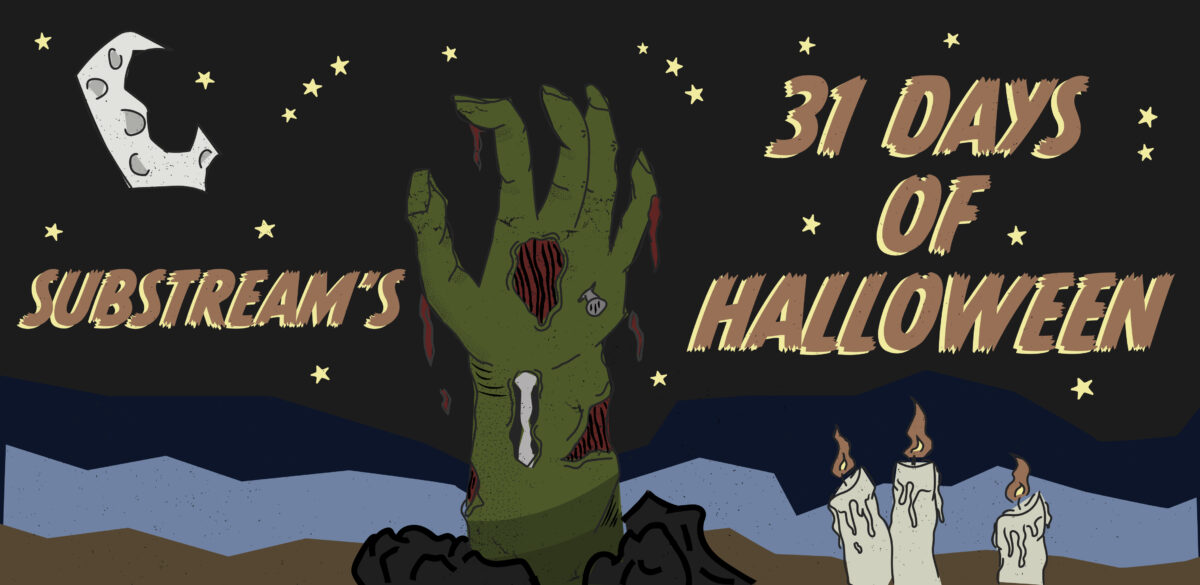
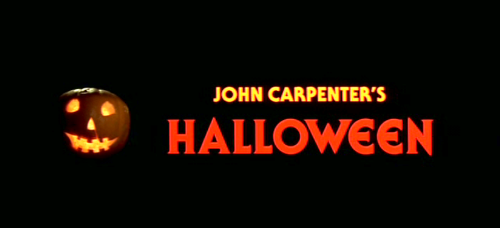
Day 18: Halloween (1978)
We would be remiss if we didn’t talk about this movie, right? After all, the original Halloween is inarguably one of the most influential horror movies of all-time. It kick-started the entire slasher genre, currently has a place in the United States National film Registry of the Library of Congress, and hell, even Roger Ebert — a critic of slasher films — liked the movie. What I’m saying is, Halloween is a great movie.
It kickstarted an entire franchise, which you can certainly argue was full of missteps: the unfortunate “twist” of Laurie and Michael being related, the third film that had nothing to do with the Myers saga but instead focused on witches [Ed. Note: I liked this one, but point taken], and pretty much every sequel that followed. The Rob Zombie re-makes were not big critical successes, though the first one made some money at least. Luckily, they righted the ship with 2018’s Halloween, erasing all of the previous sequel plots and finally delivering a sequel that was worth the wait.
Regardless of all of that, the original Halloween cannot be denied its glory. It’s got everything you want out of a horror film, especially a slasher film — but you’d expect that since this essentially was the beginning of that genre. Some look at this as a fault, stating that it has underlying themes criticizing premarital sex and the trope that women need saving from men. Director John Carpenter has repeatedly denied these claims, though that doesn’t stop modern day criticism all the same.
But, if you somehow haven’t seen this movie yet, I’d encourage you to go watch it without any of these defined notions by those not involved with the film.
Because it’s where Halloween succeeds that should define the film. It’s suspenseful throughout the entire film, as you are constantly either A) waiting for Myers to jump out at you or B) see him in the background of the frame wondering how he got there. Carpenter also helped usher in the use of first person view camera for horror films, a few times putting us through the eyes of Myers — this is most notable when, in the opening of the film, we look through the eyes of Michael as he’s watching his sister, Judith, and her boyfriend. It helps sets the tone for the movie early on, and gives us an early indication of why we are about to be experiencing this movie. You clearly are watching Judith be more interested in her boyfriend than sitting her younger brother, which gives way for Michael to return later and terrorizing Laurie Strode, Annie Brackett, and Lynda Van der Klok — all who are more worried about their relationships than babysitting.
With the film, it often succeeds where its competition — and certainly modern day horror films — failed: it tells a good story and has the right amount of horror. It’s not filled with a massive amount of blood, or an over abundance of jump scares. But it masterfully walks all of those lines, and still holds up to this day as required viewing for those in the mindset of horror. There’s some criticism directed at the lack of overall character development, but when you’re living in a horror movie, some characters have to take that sacrifice for the greater good.
Moral of the story here: Halloween is a good movie. It’s aged gracefully in a time where some of its followers have not aged as well. If you watch it and like it, skip all of the sequels except for the 2018 sequel — it’s the only one that’s a worthy follow-up plot wise and overall cinema wise.


